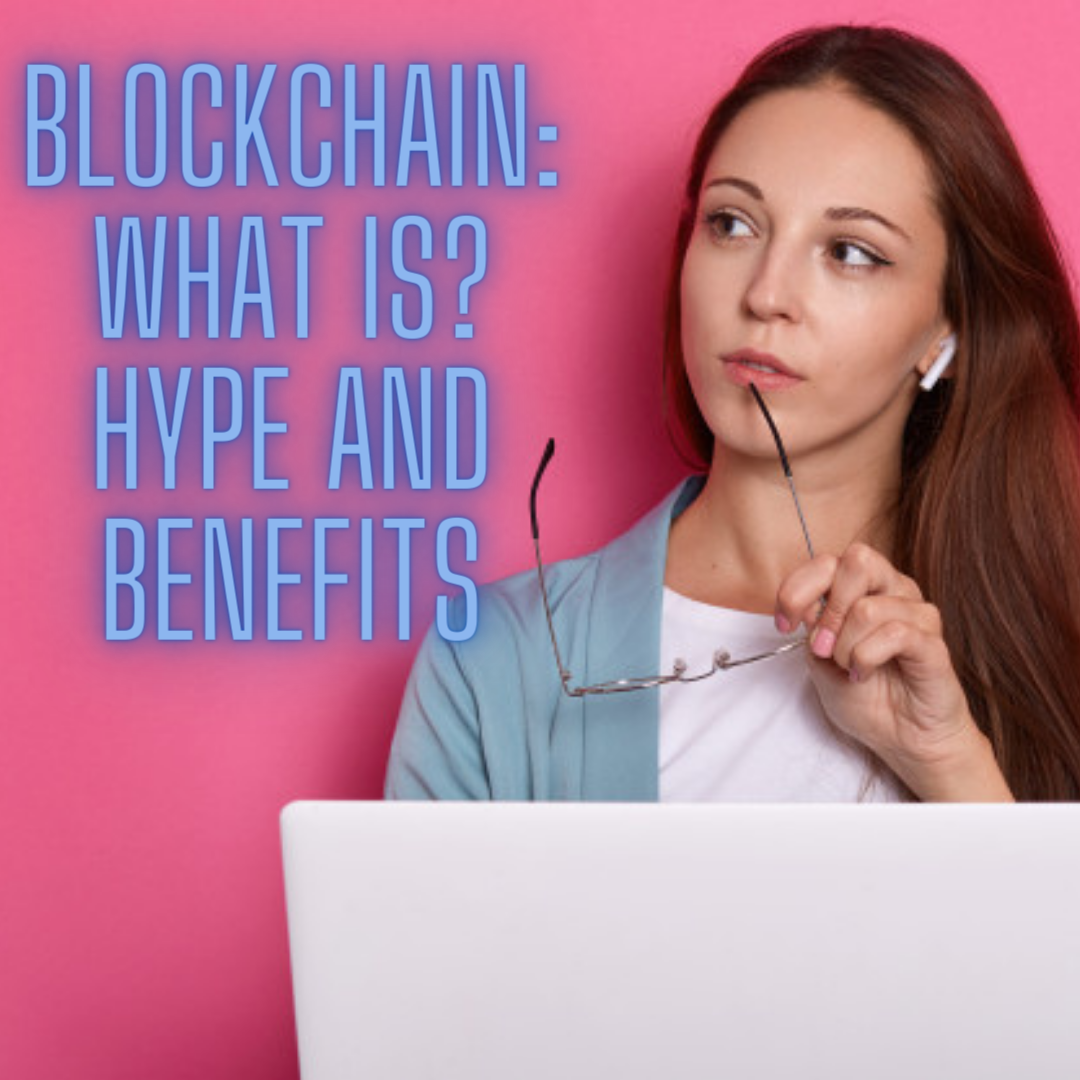
Blockchain, it’s one of these popular buzzwords but with limited understanding: Artificial Intelligence. Big Data. Machine Learning. Blockchain. We have heard it many times these words but we don’t know what means.
What is blockchain?
Based on a peer-to-peer (P2P) topology, blockchain is a distributed ledger technology (DLT) that allows data to be stored globally on thousands of servers – while letting anyone on the network see everyone else’s entries in near real-time. That makes it difficult for one user to gain control of, or game, the network.

For businesses, blockchain is the promise of transactional transparency. The ability to create secure, real-time communication networks with partners around the globe to support everything from supply chains to payment networks to real estate deals and healthcare data sharing.
Blockchain is a public database stored on millions of computers. Blockchain allows digital information to be distributed securely. Every communication is verified through a peer to peer network, instead of using a centralized authority. (A big data store)
The “block” in the blockchain is the digital item being sent, and the “chain” is the public database. Unlike a shared Google document that allows you to revert to previous versions, once a block is added to the chain, it cannot be altered.

No complex definitions here, only 3 core tenets: transparency, decentralization, and immutability.
Transparent, decentralized, immutable transactions will have a great impact on the way society perceives the socioeconomic ecosystem.
Blockchain is revolutionary because it has the potential to remove perception gatekeepers: the middleman. Increased transparency results in increased financial, online, and physical security.
Getting rid of mediators saves communities time, money, and protects their privacy. Traditionally, banks charge transfer fees, and credit cards charge processing fees. Imagine banking without banks, conducting real estate without brokers, or bypassing utilities when purchasing energy.

Companies often collect data about their customers, offline or online.
People don’t know what data is being collected or who it is being shared with. Decentralized transactions also mean moving sensitive data away from centralized storage.
Blockchain can minimize fraud by reducing human error, and giving people more control over their finances and identity. People will have increased trust in their economy, shifting beliefs, shifting cultures, and sparking a worldwide revolution.
The benefits of blockchain are tenfold on a global scale. In developing countries steeped in governmental corruption, perception is everything. Charities will be more prone to offer aid if they can trust where their funds will be dispersed.

For the underserved, services backed by blockchain correlate to access and opportunities which were previously denied. In an area where most citizens do not have bank accounts, digital wallets backed by blockchain could be a solution.
Most developed countries must grapple with integrating existing infrastructure with blockchain, whereas a lack of infrastructure in developing countries serves as an opportunity to adopt blockchain.
Sounds like a Revolution.
Blockchain is about ensuring irrefutable trust, transparency, decentralization, and immutability. Blockchain will be a catalyst for a more secure physical and digital world.

The recent hype around this new technology is real because DLT, in essence, represents a new paradigm for how information is shared; tech vendors and enterprises, have rushed to learn how they can use the distributed ledger technology (DLT) to save time and admin costs.
Many companies have already rolled out pilot programs and real-world projects across a variety of industries (everything from financial technology and healthcare to mobile payments and global shipping).

Blockchain isn’t going to replace traditional corporate databases, But it’s open new doors for the movement and storage of transactional data inside and outside of global enterprises.
Blockchain is the future! You need to learn more about blockchain.